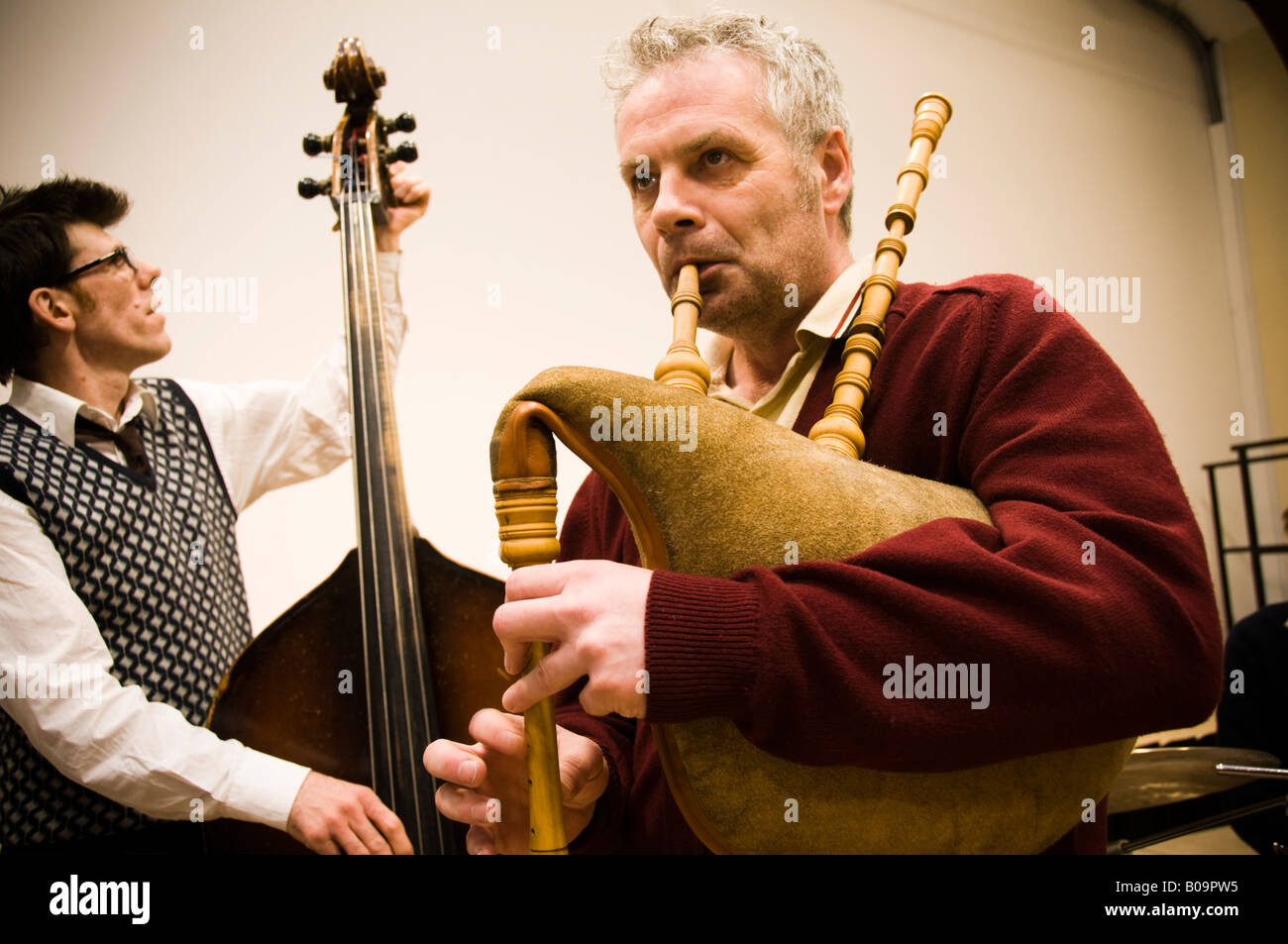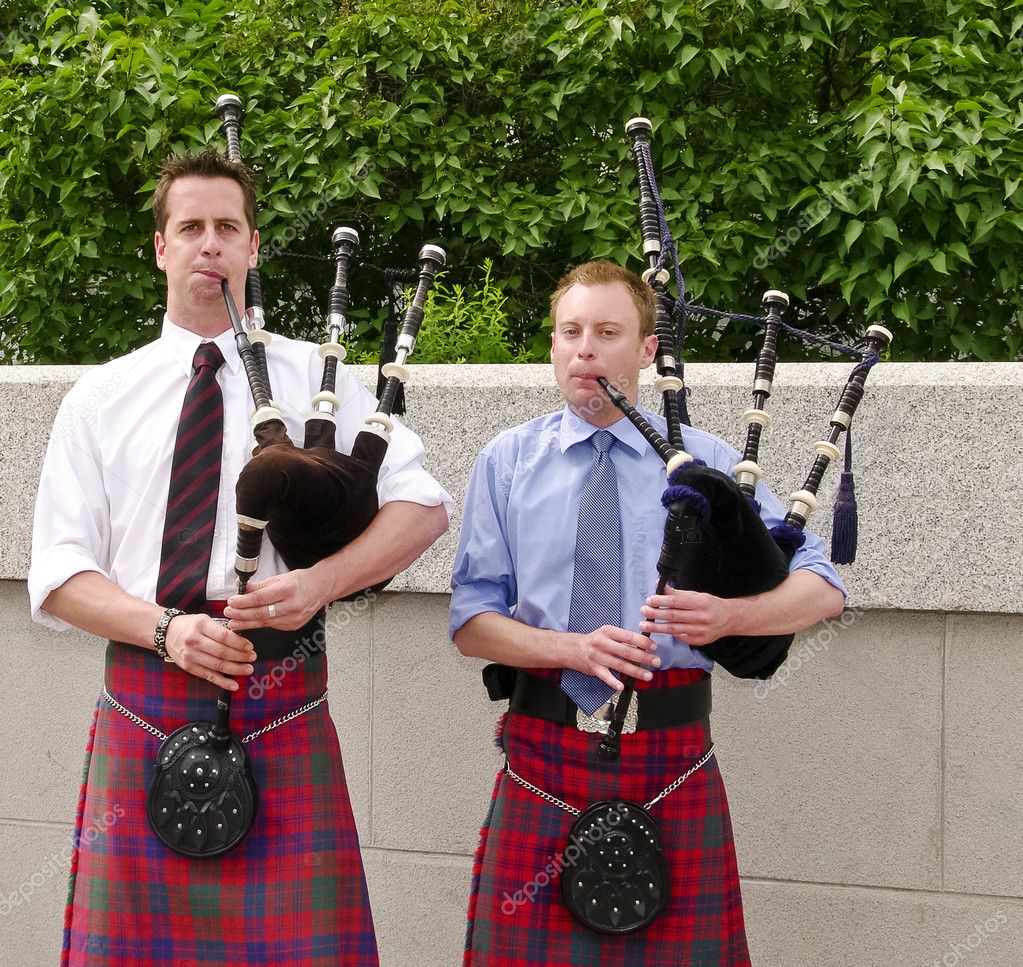

Shibboleth / Open Athens technology is used to provide single sign-on between your institution’s website and Oxford Academic. This authentication occurs automatically, and it is not possible to sign out of an IP authenticated account.Ĭhoose this option to get remote access when outside your institution.

Typically, access is provided across an institutional network to a range of IP addresses. If you are a member of an institution with an active account, you may be able to access content in one of the following ways: Get help with access Institutional accessĪccess to content on Oxford Academic is often provided through institutional subscriptions and purchases. The chapter ends by questioning the current work on jazz and genre and positing some possible new paths for research. While few critics saw Harley as little more than a gimmick, his career can be seen as emblematic as the ways that Atlantic's jazz defies easy categorization further examination of Atlantic wind players Rahsaan Ronald Kirk and Yusef Lateef amplify this discussion. Signed to the label by Joel Dorn, Harley recorded four albums for Atlantic in the 1960s, playing saxophone, flute, and bagpipes, although it was on the last of these that he was best known. After tracing a general a history of Atlantic's jazz output from the 1940s to the 1970s, the essay focuses on Rufus Harley. Under the stewardship of two men, Nesuhi Ertegun and Joel Dorn, Atlantic Jazz came to signify not a particular approach, but rather a wide variety of artists, styles, and sounds. This chapter examines the idea of genre as it applies to jazz by focusing on the output of Atlantic Records' jazz division.


 0 kommentar(er)
0 kommentar(er)
